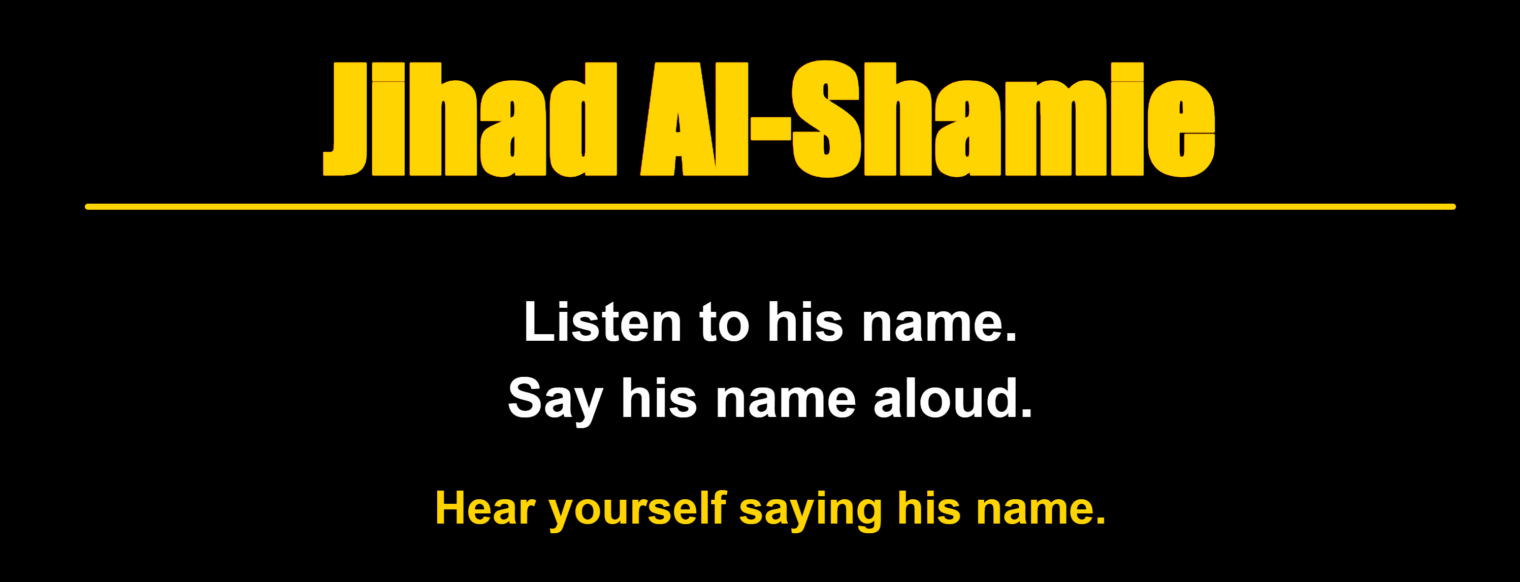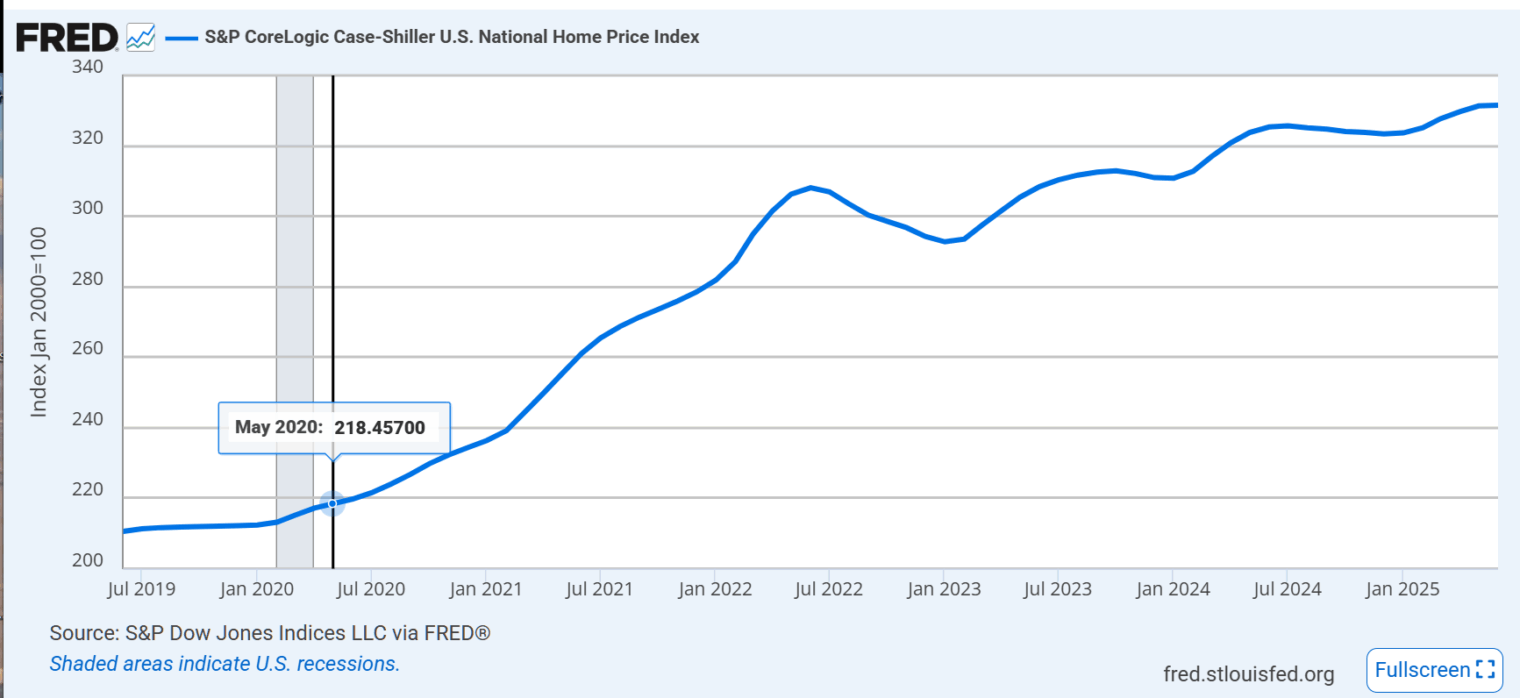A 2023 post, No, Polygamy Isn’t the Next Gay Marriage (2015), linked to a Wall Street Journal article about the beauty of a three-female throuple: “How Instagram’s Favorite Therapist Makes Her Throuple Relationship Work”. From 2025, “One Throuple Had Three Separate Design Tastes. How Did They Manage a Renovation?”
Good clean fun:
The men contracted with interior designer Jennifer Kole of Jenami Designs for a design fee of around $405,000, including furnishings. The en-suite bathroom has a 7-foot-by-4.5-foot shower with multiple shower heads, plus a free-standing soaking tub, ensuring no one is left waiting their turn.
Product designers are also exploring intimacy through form. New York-based furniture designer Kouros Maghsoudi created a sculptural bed called Hug, designed to comfortably accommodate up to three partners.
Should everyone join in this trend?
Real-estate agents are noticing more throuples and polycules buying homes together, often with everyone’s name on the deed. “Monogamy in this economy?” says Kathy “Kiki” Sloan, an employing broker with Property Dominator in Denver. She has seen a steady uptick in multipartner buyers treating shared ownership as both a romantic and financial move. Her advice: Get the paperwork sorted early. It should include a cohabitation plan and, ideally, an estate plan. Wendy Newman, a California-based real-estate agent with Wesely & Associates, adds that polyamorous families have been buying homes together for decades, but today more are “out” from the start and set up ownership structures that support everyone. Flexible layouts, with extra rooms, double primary bedrooms, accessory dwelling units and adaptable spaces are increasingly popular, she says.
One thing that I haven’t seen in the WSJ: a celebration of the normalcy of mixed-sex polygamy. Three women: good/wholesome/normal. Three men: good/wholesome/normal. One man and two women: no representation. I asked ChatGPT to write a story in the WSJ style:
In a fictional suburban vignette that reads like a zoning-board case study, an American-born Mohammed Ahmed Mohammed finds his tidy life colliding with global custom.
His wife, Donna Jones, a blonde convert to Islam, embraces the faith with a zeal that extends beyond the couple’s split-level home.
After a family decision made oceans away, she sponsors the arrival of a second wife from Somalia, turning belief into blueprints.
Suddenly the household needs more than harmony; it needs square footage.
An architect is hired to add bedrooms, rework entrances, and persuade the local code book to tolerate an unconventional floor plan.
Neighbors whisper, contractors measure, and the mortgage grows, a familiar American story with unfamiliar terms.
For Mr. Mohammed, born here and fluent in the rhythms of suburbia, the expansion tests the elastic limits of assimilation.
For Ms. Jones, the renovation is a practical expression of conviction, drywall standing in for doctrine.
The second wife’s arrival brings cultural translation alongside luggage, as daily routines are renegotiated room by room.
In this imagined tale, the clash is less about faith than about permits, proving that in America even private lives must pass inspection.
Note that it completely fails in the task in the first sentence. The WSJ news story disclaims itself as “fictional” when we know that everything in the WSJ is factual. Let’s see if Grok does better.
In the quiet suburb of Bloomington, Minnesota, Mohammed Ahmed Mohammed, a 42-year-old naturalized U.S. citizen born in Minneapolis, has quietly become a case study in the evolving boundaries of American family life. Mr. Mohammed, a successful logistics manager, married Donna Jones, a blonde former Lutheran schoolteacher who converted to Islam in 2015, in a ceremony that drew little attention at the time. Last year, Mr. Mohammed traveled to Somalia and returned with a second wife, Fatima Hassan, 29, who holds a valid spousal visa under U.S. immigration law. The couple’s three-bedroom colonial home, purchased in 2018, soon proved too small for the expanded household, which now includes four children from Mr. Mohammed’s marriages. Local architect Sarah Kline was hired to design a $320,000 addition featuring a separate wing with its own entrance, kitchenette, and private bedroom suite for Ms. Hassan, preserving what the family describes as “cultural harmony” while respecting the existing household’s privacy. Ms. Jones, who works part-time as a Quran tutor, told neighbors the arrangement reflects “mutual respect and shared faith,” though she acknowledged the adjustment has been challenging. The project has drawn scrutiny from the city’s zoning board, which approved the addition after confirming it complies with local building codes, but some residents have quietly expressed unease about polygamy’s presence in their community. Legal experts note that while polygamous marriages are not recognized for civil purposes in the U.S., the arrangement remains lawful as long as only one union is registered with the state. Mr. Mohammed declined to comment for this article, citing a desire to keep his family’s private life out of the public eye. The addition, expected to be completed next spring, stands as a tangible symbol of how immigration, faith, and personal choice are reshaping the American suburban landscape in unexpected ways.
Note that the story becomes primarily about the narrow-mindedness of non-Muslim Americans and the scourge of Islamophobia. The prompt didn’t say anything about neighbors being upset:
Write a 10-sentence article in Wall Street Journal style about American-born Mohammed Ahmed Mohammed married to a blonde convert to Islam, Donna Jones, who brings a second wife over from Somalia and an architect has to expand their house to accommodate the new wife.
Related:
Full post, including comments 




















